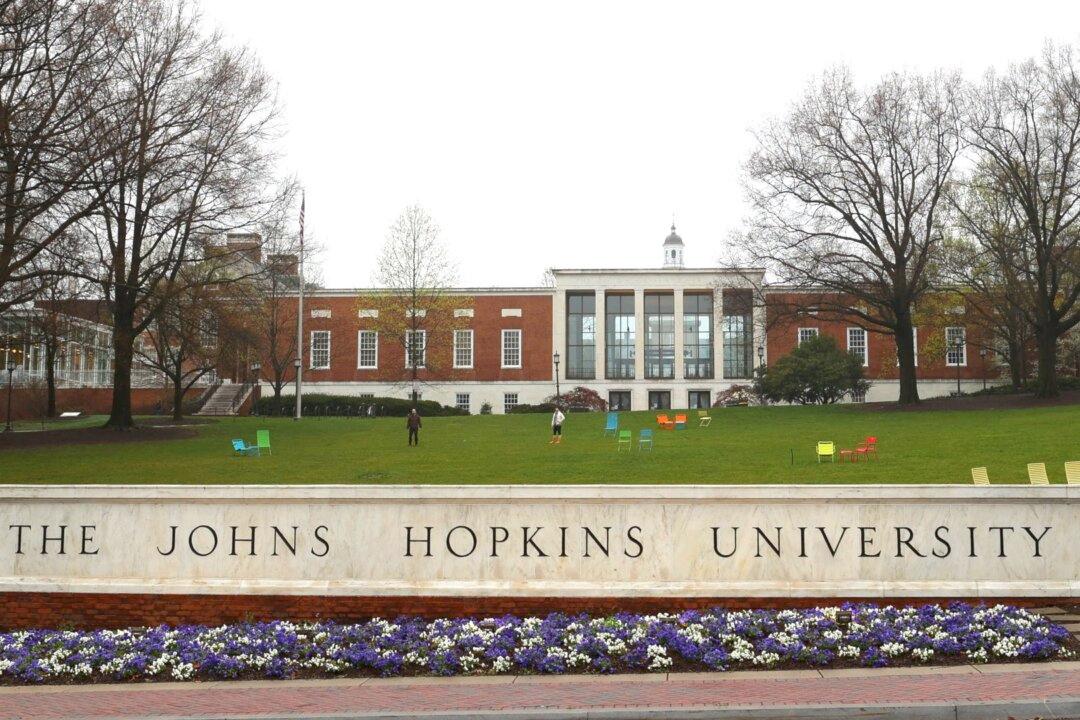Johns Hopkins University has removed an online glossary of LGBT terms, following criticism against the school’s decision to define a lesbian as “a non-man attracted to non-men.”
The university’s glossary had long been in existence and the new definition of lesbian had been made available online since at least late last year.





